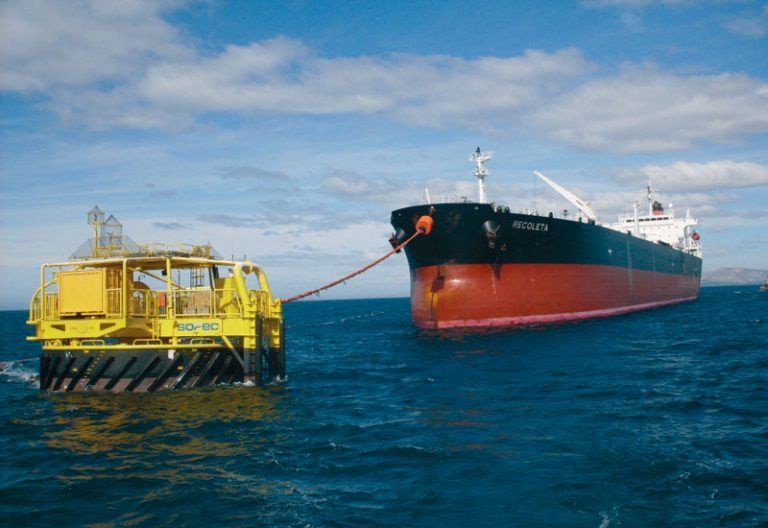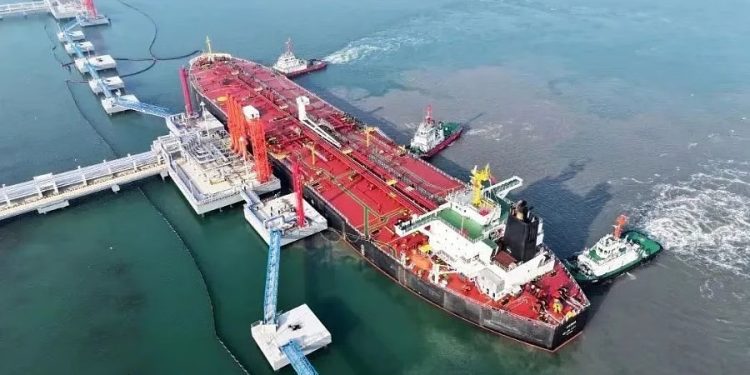A 30-day halt in petroleum product imports can cripple Africa’s economies, grounding planes, immobilising trucks, plunging hospitals into darkness, and disrupting supply chains, the African Refiners and Distributors Association has warned.
Despite producing more than five million barrels of crude oil daily, the continent imports over 70 per cent of its refined petroleum products, leaving it highly vulnerable to global supply shocks.
“If imports were to stop, the collapse wouldn’t just be technical, it would be systemic,” Mr Anibor Kragha, the Executive Secretary, African Refiners and Distributors Association (ARDA), said in an interview during the ARDA Week 2025 conference in Cape Town.
“Today, Africa is deeply reliant on fuel imports, leaving it exposed to shocks with immediate and far-reaching consequences.”
High Stakes for Multiple Sectors
A prolonged disruption in fuel imports, ARDA said, would have severe implications for aviation, transport, mining, construction, and essential services.
Jet fuel shortages would effectively isolate countries, while millions of tonnes of goods, medicines, and food would remain stranded in ports and warehouses, it said.
Diesel-powered generators, critical for hospitals, telecom towers, water systems, and banks, would fall silent, threatening health services and urban water supplies.
Rural clinics would lose power, and major cities could experience water pressure collapse.
Mining operations in South Africa, Nigeria, Ghana, the Democratic Republic of Congo (DRC), Zambia and other African countries would halt, affecting exports of copper, cobalt, and gold and resulting in billions of dollars in lost revenue within days.
Africa’s refining gap
Although Africa hosts more than 40 refineries, many are outdated, underutilised, or idle.
Nigeria, the continent’s largest crude oil producer, has a nominal refining capacity of 1.1 million barrels per day – including the new 650,000 bpd Dangote Refinery – but still imports more than half of its fuel.
In Congo, plans are underway to double crude output to 500,000 bpd, yet the Pointe Noire refinery processes only 24,000 bpd, with a planned increase to 40,000 bpd, far below domestic and regional demand.
ARDA notes that Africa’s rising population, projected to reach 2.5 billion by 2050, will drive energy demand to double in the coming decades, further widening the gap unless refining capacity is expanded.

ARDA’s 5-pillar strategy
The Association has outlined a strategy to enhance energy security on the theme: “Africa First.”
This includes upgrading and scaling refining capacity, harmonising fuel specifications and regulations to promote intra-African trade.
This would attract investment through transparency and risk mitigation, developing pipelines, depots, storage terminals, LPG plants, and logistics networks, building skills in regulation, engineering, finance, and operations.
Expanding access to clean liquefied petroleum gas (LPG) is also a priority, with the potential to create millions of jobs and reduce dependence on biomass.
Policy and investment priorities
ARDA is urging governments to streamline approvals for refining and distribution projects, address infrastructure bottlenecks, and mobilise domestic capital, including over $4 trillion in African pension funds, insurance pools, and sovereign wealth funds for energy investments.
The association called for the creation of national and regional strategic fuel reserves, noting that many African countries held only a few days’ supply.
“Energy security is not a luxury; it is a lifeline. Without energy sovereignty, there is no sustainable development. This is about more than infrastructure, it is about Africa’s future,” Mr Kragha said.
He added that strong political will and a unified continental approach were essential to reducing dependence on imports and ensuring long-term resilience.













